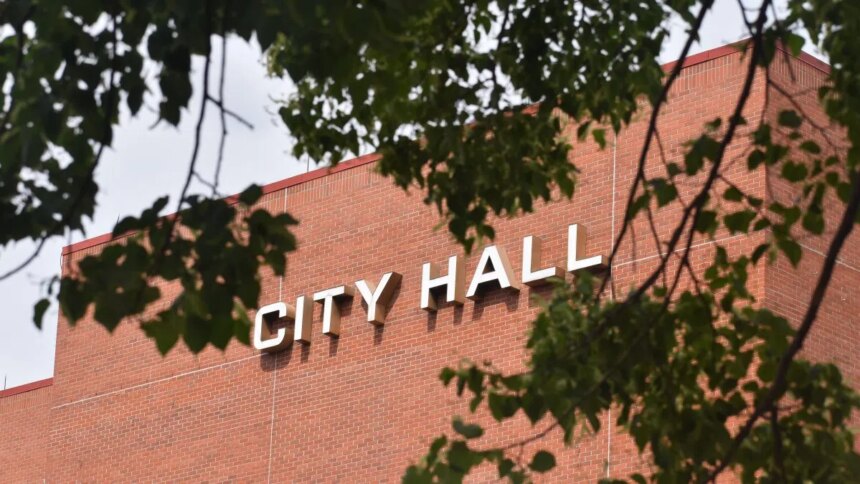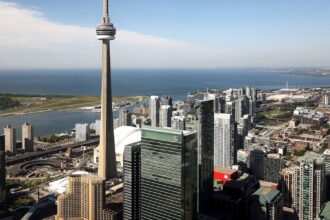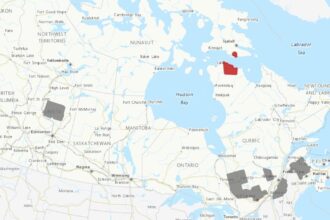Medicine Hat stands at a critical environmental crossroads as city officials deliberate over a proposed $9.5 million organic waste processing facility that could fundamentally transform the community’s approach to waste management. The ambitious project, unveiled during yesterday’s environmental committee meeting, aims to divert thousands of tonnes of food scraps and yard waste from the landfill annually—a move that could extend the lifespan of current disposal sites by decades.
“This isn’t just about compliance with provincial regulations; it’s about positioning Medicine Hat as a leader in sustainable waste practices,” explained Environmental Services Director Caroline Weber. “The proposed facility would process approximately 7,000 tonnes of organic material annually, reducing our landfill inputs by nearly 40 percent.”
The facility’s $9.5 million price tag has sparked intense debate among council members and residents alike. Proponents argue the investment would generate long-term savings by delaying the need for costly landfill expansion, while critics question whether alternative approaches might achieve similar results at lower costs. The city’s financial analysis suggests the facility could pay for itself within 15 years through avoided landfill costs and potential revenue from compost sales.
If approved, the facility would implement a three-stream waste collection system requiring residents to separate organics, recyclables, and garbage. The proposal includes distributing kitchen containers and curbside bins to facilitate household participation, with implementation tentatively scheduled for spring 2026.
The timing of the proposal aligns with Alberta’s provincial waste reduction strategy, which mandates municipalities to achieve 70 percent waste diversion by 2030. Medicine Hat currently diverts approximately 25 percent of its waste stream, placing significant pressure on local officials to accelerate improvement efforts.
“The environmental benefits extend far beyond simply saving landfill space,” noted Dr. Michael Harrison, environmental scientist at Medicine Hat College. “Organic materials decomposing in landfills produce methane, a greenhouse gas 25 times more potent than carbon dioxide. By capturing and properly processing these materials, we substantially reduce our climate impact.”
Public reaction has been mixed, with residents expressing both support and concern at recent community consultation sessions. While many embrace the environmental vision, others worry about potential odor issues, increased collection costs, and the adjustment to new waste sorting practices.
City Councillor Patricia Nolan emphasized the proposal’s preliminary nature: “We’re weighing all options and community feedback carefully. This facility represents a significant investment that would shape our environmental approach for generations. Getting it right matters more than getting it done quickly.”
Council is expected to vote on the proposal by September, following additional public consultations and a finalized implementation strategy from the environmental services department. If approved, design work would begin immediately, with construction starting in spring 2026.
As Medicine Hat contemplates this pivotal environmental decision, residents must consider a crucial question: Is the substantial upfront investment in organic waste processing a necessary step toward environmental responsibility, or should the city explore less costly alternatives to meet its waste diversion targets?










